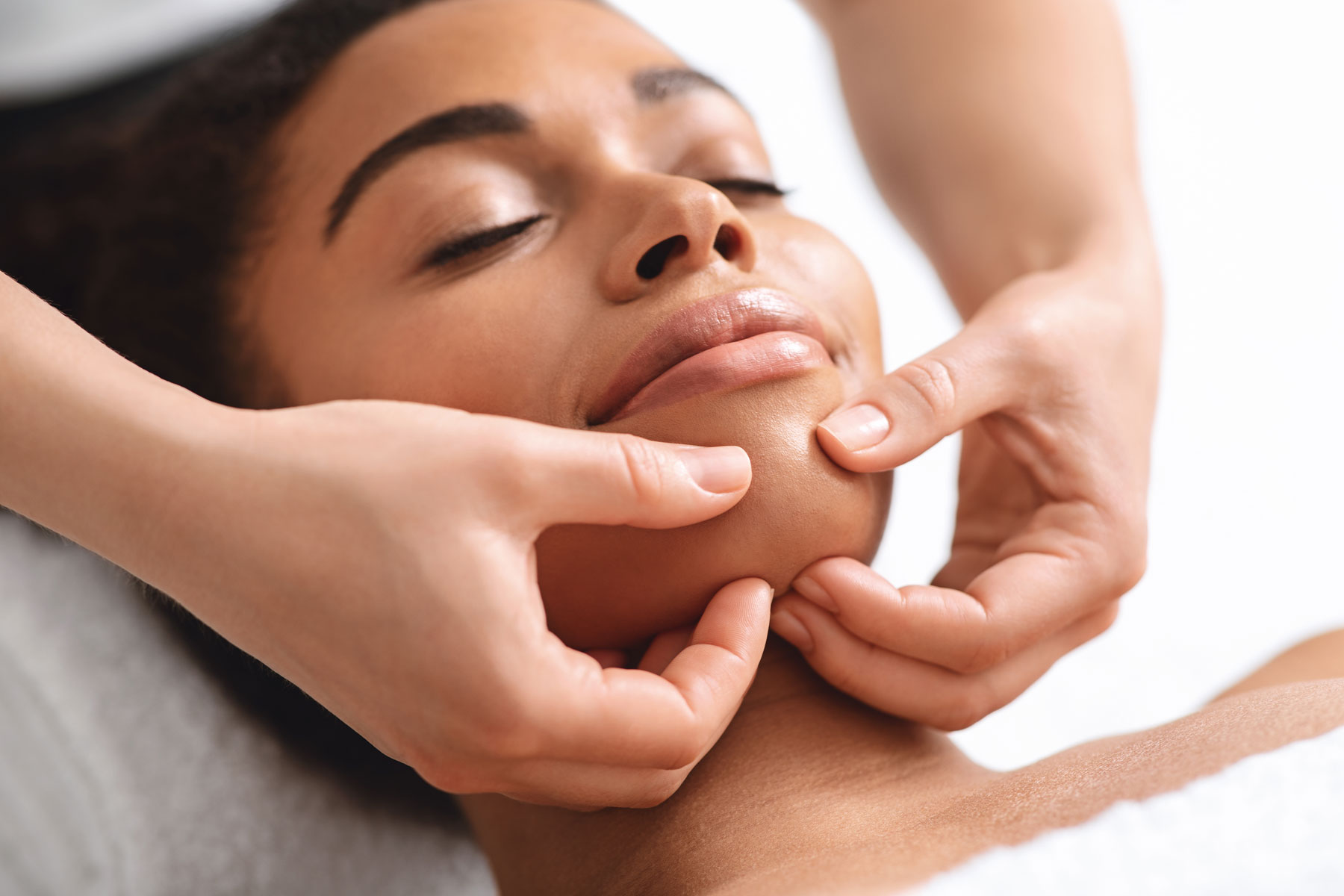If you suffer from temporomandibular joint (TMJ) disorders, you know how frustrating and painful it can be. From jaw pain and headaches to difficulty chewing and even earaches, TMJ symptoms can significantly impact your daily life. But did you know that massage therapy can offer relief? Let’s explore how regular massages can help alleviate TMJ symptoms and improve your overall well-being.
Understanding TMJ Disorders
First, let’s break down what TMJ disorders are. Your temporomandibular joint is the hinge that connects your jawbone to your skull. It allows you to talk, chew, and yawn. When this joint or the muscles around it become inflamed or irritated, you may experience pain and dysfunction, commonly known as TMJ disorder.
How Massage Therapy Helps
1. Reduces Muscle Tension
One of the primary benefits of massage therapy for TMJ disorders is the reduction of muscle tension. The muscles around your jaw, neck, and shoulders can become tight and stressed, exacerbating TMJ symptoms. Massage therapy works to relax these muscles, reducing tension and, in turn, alleviating pain.
2. Improves Blood Circulation
Better blood circulation is another fantastic benefit of massage therapy. When blood flow to the affected areas improves, it helps deliver essential nutrients and oxygen to the tissues, promoting healing and reducing inflammation. This can significantly relieve TMJ symptoms and enhance overall jaw function.
3. Releases Trigger Points
Trigger points, or muscle knots, can develop in the jaw and surrounding areas, leading to pain and discomfort. Skilled massage therapists can identify and release these trigger points, providing immediate relief and preventing them from causing further issues.
4. Enhances Jaw Mobility
If you’ve experienced limited jaw movement or difficulty opening and closing your mouth, massage therapy can help. By relaxing tight muscles and improving circulation, massage can enhance the range of motion in your jaw. This makes everyday activities like eating and talking much more comfortable.
5. Reduces Stress
Stress is a significant factor that can worsen TMJ symptoms. Many people clench their jaws or grind their teeth when stressed, leading to increased tension and pain. Massage therapy promotes overall relaxation and stress reduction, helping you avoid these habits and manage TMJ symptoms more effectively.
6. Promotes Lymphatic Drainage
Lymphatic drainage techniques used in massage therapy can reduce swelling and inflammation around the jaw area. By encouraging the removal of toxins and excess fluids, massage can help reduce the pressure and discomfort associated with TMJ disorders.
7. Alleviates Headaches
TMJ disorders often lead to headaches due to muscle tension in the jaw, neck, and shoulders. Regular massage therapy can relieve these headaches by addressing the root cause of the tension, providing you with much-needed relief.
8. Improves Posture
Believe it or not, your posture can significantly impact your TMJ symptoms. Poor posture, especially from long hours at a computer, can strain your jaw and neck muscles. Massage therapy helps correct postural imbalances by relaxing and strengthening these muscles, reducing strain on the jaw.
9. Increases Awareness
Finally, regular massage therapy can increase your awareness of how you hold tension in your jaw and surrounding areas. This heightened awareness can help you make conscious adjustments to reduce strain and prevent future TMJ issues.
What to Expect from a TMJ Massage Therapy Session
During a TMJ-focused massage therapy session, your therapist will likely target specific areas around your jaw, neck, shoulders, and even inside your mouth. Techniques such as myofascial release, trigger point therapy, and gentle stretching may be used to relieve tension and improve mobility. Always communicate with your therapist about your comfort level and any specific areas of pain or discomfort.
Incorporating Massage Therapy into Your TMJ Treatment Plan
While massage therapy can offer significant relief, it’s important to approach TMJ disorders with a comprehensive treatment plan. This may include dental care, physical therapy, stress management techniques, and lifestyle adjustments. Consult with your healthcare provider to develop a well-rounded approach that suits your specific needs.
Massage therapy is a powerful tool in the fight against TMJ disorders. By reducing muscle tension, improving blood circulation, and promoting relaxation, massage can help alleviate TMJ symptoms and improve your quality of life. So, if you’re struggling with TMJ pain, consider adding regular massage therapy sessions to your self-care routine. Your jaw will thank you!
If you have any questions or would like to book a massage therapy session at my office in Manhattan Beach, feel free to reach out. I’m here to help you find relief and enjoy a pain-free life!
